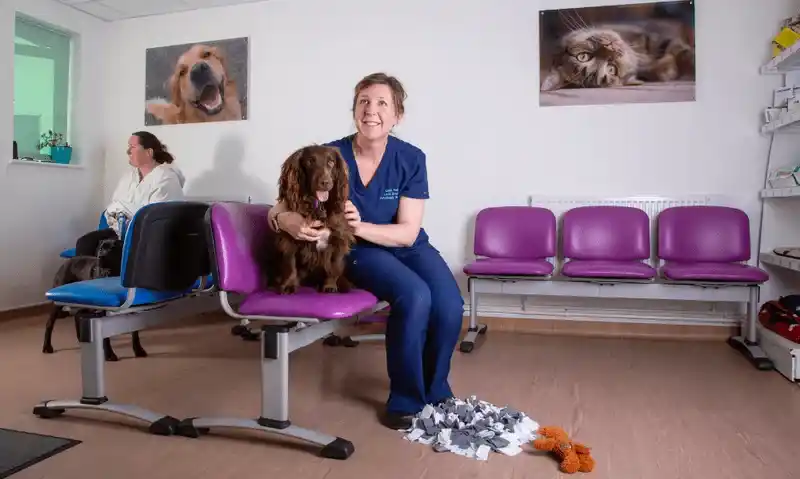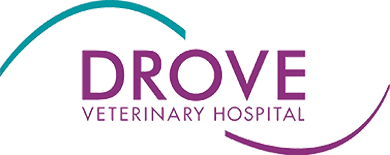What do vets do?
Veterinary surgeons in general practice perform a wide range of duties, from promoting and maintaining animal health to diagnosing and treating sick or injured animals.
Their responsibilities include:
- Performing surgery on sick or injured animals
- Neutering animals to prevent breeding
- Administering vaccinations
- Providing owners with advice on animal care
- Conducting diagnostic tests such as x-rays and ultrasound scans
- Humanely euthanising elderly, ill, or severely injured animals
Our veterinary profession is regulated by the Royal College of Veterinary Surgeons (RCVS), and all practising veterinary surgeons must be registered members, with only a few minor exceptions.
Although most people gaining a degree in veterinary medicine go on to become practising Vets, there are other options such as a career in research, working for the Government, or advising pharmaceutical companies.
To become a vet you need a university degree in veterinary medicine, but the process to achieve this starts at school.
Doing work experience from as early an age as you can will stand you in good stead, both in veterinary practices and in other animal care environments such as farms or animal charities.
Once you have completed your GCSEs you will need to take three A levels, one of which will be biology, often also physics plus another science or academic subject.
Only certain universities offer veterinary medicine courses – you can see the full list here.
Following application to university you may be invited to attend an interview prior to gaining a place.
The degree takes five to six years to complete, and much of this time will be spent gaining more work experience to develop both your knowledge and the practical skills required.
Veterinary practices can be mixed, meaning they offer care for pets, farm animals and horses, or they can specialise in any combination of the three.
Within a mixed practice, vets themselves may be mixed, working across all areas of the business, or they may focus on either farm, equine or small animal work.
As well as this, some vets have an interest or even focus solely on exotic pet species – and some may even choose to work in a zoo!
Within each role you can narrow your focus even further. For example, some vets gain further qualifications in surgery, while others focus on medical cases, or in cardiology (diagnosis and treatment of heart problems) or ophthalmology (eyes).
Join us
We take great pride in supporting the next generation and are always on the look out for passionate new grad vets. If you’re interested in joining our team after university, please send your CV to us.

